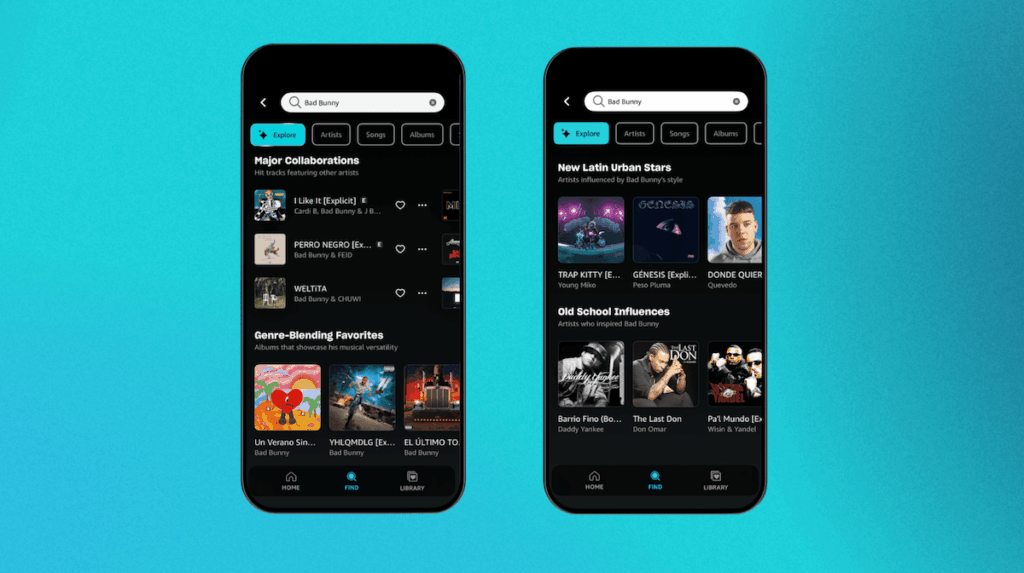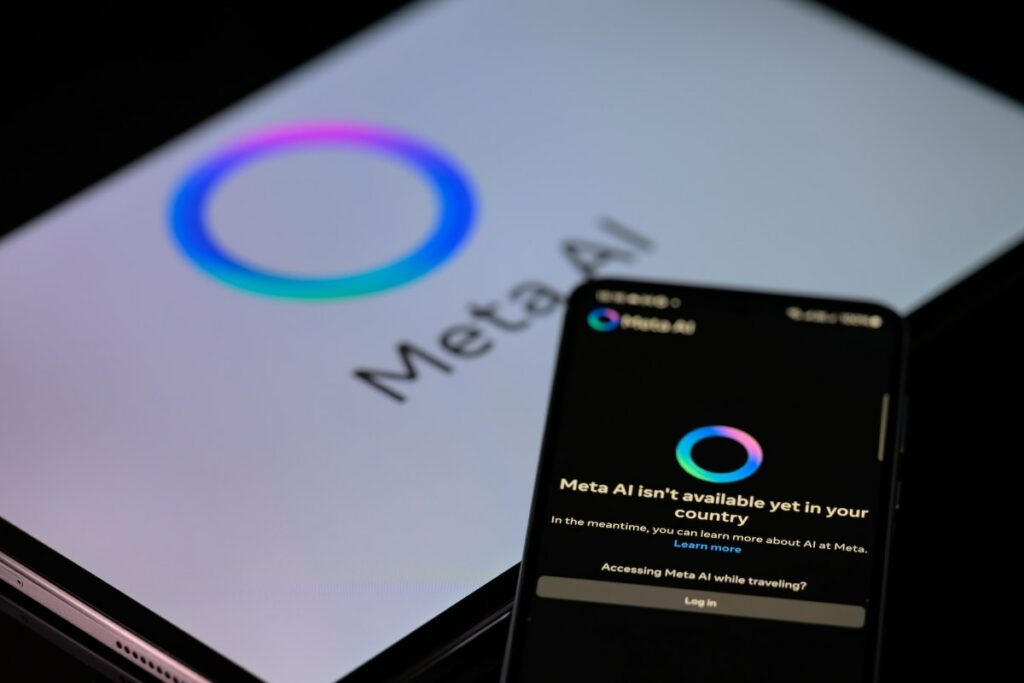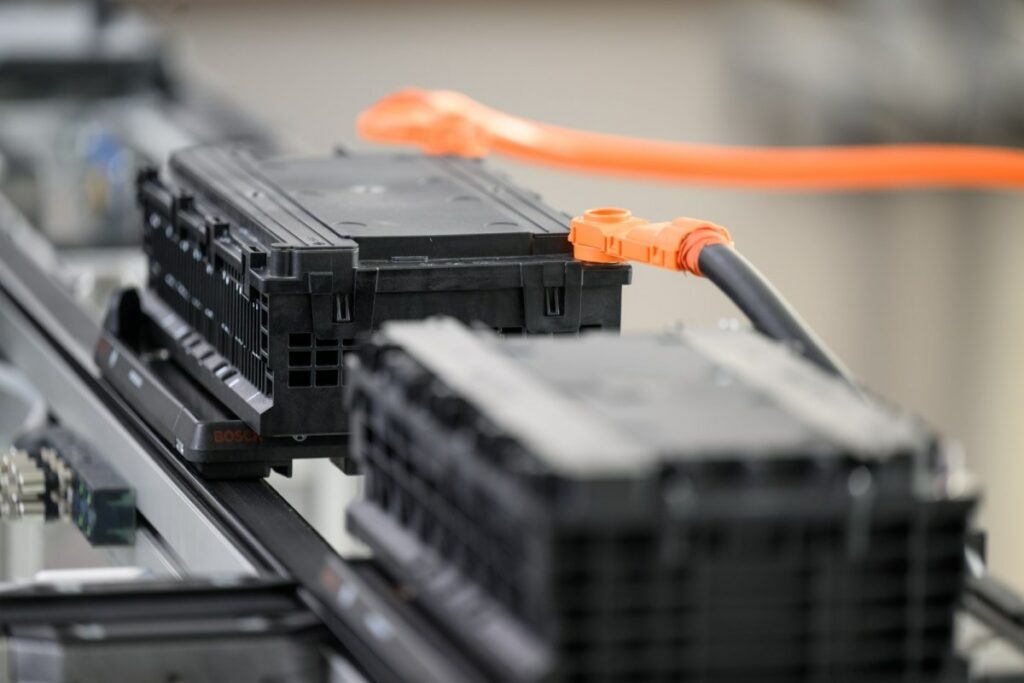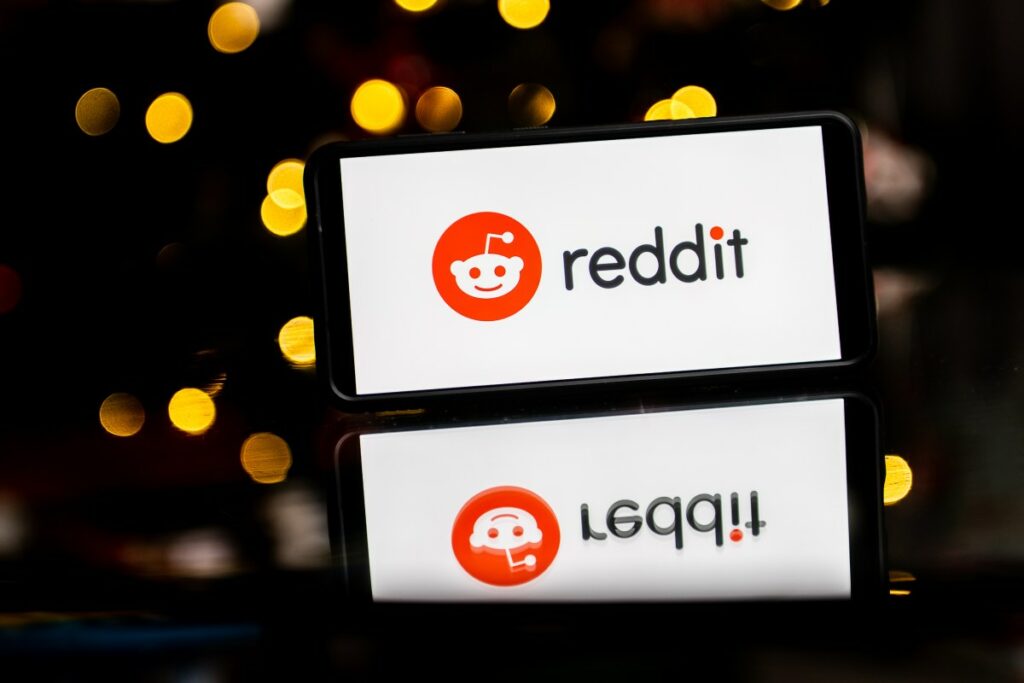Amazon Music tests an AI-powered search experience for fans to learn more about their favorite artists
Amazon Music announced Tuesday that it’s testing a new AI-powered search feature called “Explore,” designed to help fans learn more about their favorite artists. To use this feature, users can tap the “Find” button at the bottom of the screen and enter an artist’s name in the search bar. Then, by selecting the “Explore” tab […]









